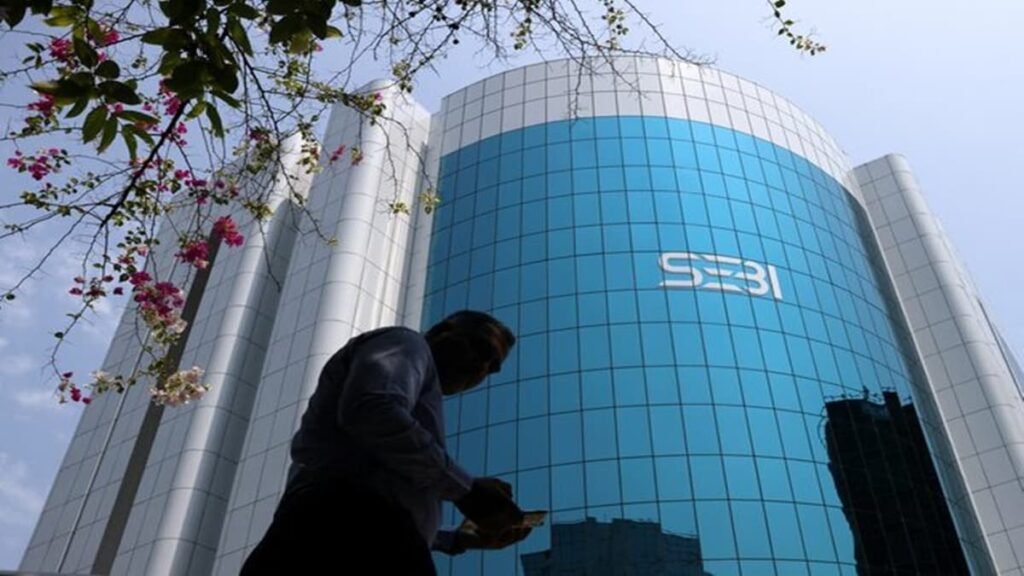The Securities & Exchange Board of India (SEBI) is aiming to deepen and widen participation in the commodity markets and is working towards a regulatory framework to enable prudent institutional access to these markets, chairperson Tuhin Kanta Pandey said on Wednesday.
Expanding Institutional Participation
In his speech at an event organised by Multi Commodity Exchange of India, Pandey said: “A proposal to allow FPIs to trade in non-cash settled non-agricultural commodity derivative contracts is currently under examination. We will also engage with the Government to consider banks, insurance companies, and pension funds to trade in these markets.”
According to him, mutual funds and AlFs are increasingly recognizing metals as an asset class that improves risk-adjusted returns for investors. “Enhanced institutional participation will bring in higher liquidity, making the market more attractive for hedging,” he said.
Post his comments, the share price of MCX surged 5% intraday and closed 3.6% higher at Rs 7,923. The exchange’s MD and CEO, Praveena Rai, said: “MCX is working with the ecosystem to expand participation in metal contracts with all financial and commercial participants. Commercial includes large as well as small- medium metal supply chain producers and consumers. Financial includes broker-members, investors, MFs, ETFs, etc. Banks can play a significant role as lending, corporate and market bankers.”
Strengthening the Commodity Ecosystem
Pandey noted that the regulator has already constituted a committee to recommend measures for deepening the agricultural commodities segment and will also constitute a working group for developing the non-agricultural commodity space, including metals. The regulatory approach will be “multi-pronged” as it plans to continue with measures like real-time margin collection and continuous monitoring that are non-negotiable and at the same time it will allow the exchanges to evolve. “As metal derivatives grow, other peripheral services, e.g., advisory, intermediation, financing, warehousing, and logistics, are also likely to grow in parallel,” he said.
He said: “We are living in an era of heightened geopolitical uncertainty. Trade tensions, supply chain disruptions, and tariff wars are no longer abstract concepts. These are daily realities that impact costs, production, and inflation. The recent doubling of tariffs on aluminium and copper imports by the US, for instance, is a development that directly affects India’s export landscape. In such a volatile environment, a robust derivatives market provides a powerful shield, allowing Indian producers and consumers to hedge against global price shocks.”


